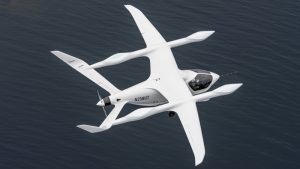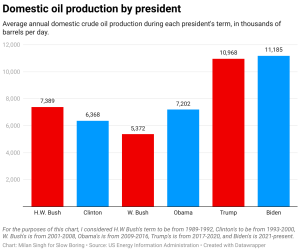The EcoTech Synthesis – how to judge climate change solutions
EcoTech Note: This post will be pinned to the top of the blog to define the “scope” of what will be covered here and to define terms found in the EcoTech Synthesis, summarized below.
I think this may be the most important post I’ve ever contributed personally, and I’d appreciate your reading it and giving me any feedback you have.
To reduce greenhouse gas emissions, CleanTech must displace DirtyTech in all sectors. That will only happen when CleanTech is cheaper than DirtyTech. And THAT will happen if we support CleanTech’s “learning curve” reductions in unit costs and/or if the cost of DirtyTech rises owing to carbon pricing.




